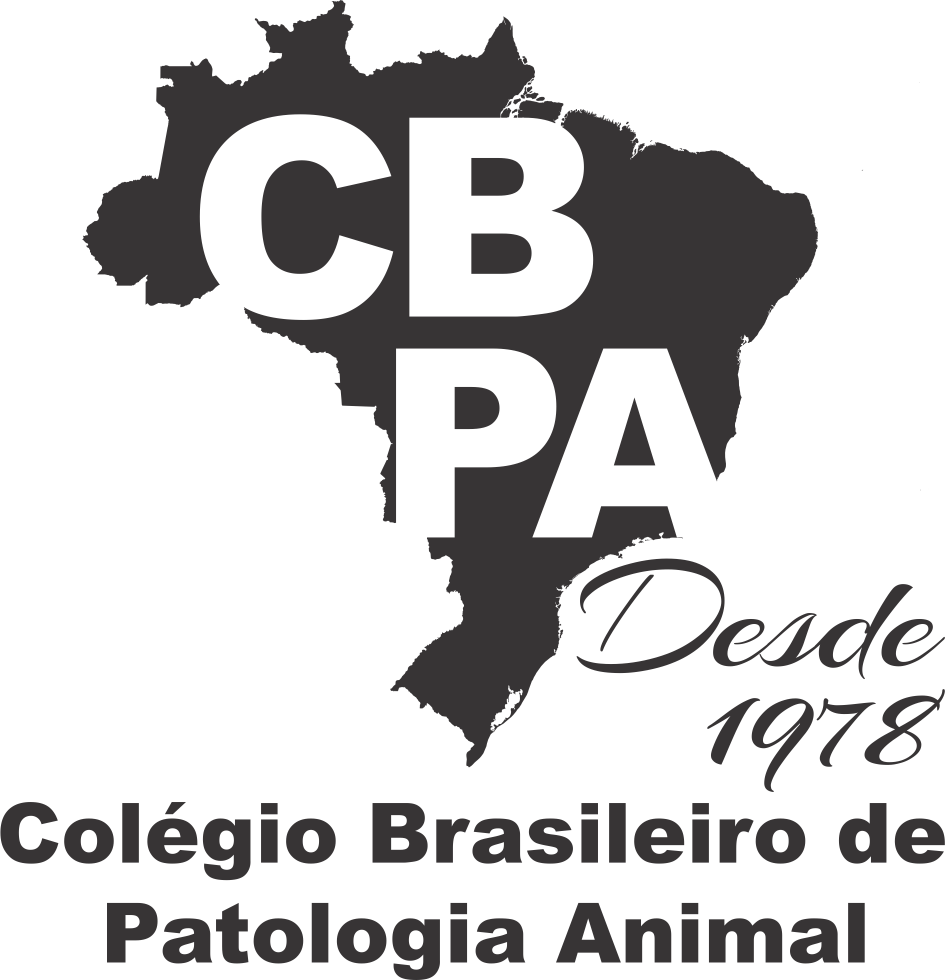Resultado da pesquisa (1)
Termo utilizado na pesquisa heartworm disease
#1 - Heartworm (Dirofilaria immitis) disease in a Brazilian oncilla (Leopardus tigrinus), p.474-478
Abstract in English:
ABSTRACT.- Filoni C., Pena H.F.J., Gennari S.M., Cristo D.S., Torres L.N. & Catão-Dias J.L. 2009. Heartworm (Dirofilaria immitis) disease in a Brazilian oncilla (Leopardus tigrinus). Pesquisa Veterinária Brasileira 29(6):373-478. Departamento de Patologia, Faculdade de Medicina Veterinária e Zootecnia, Universidade de São Paulo, Av. Prof. Dr. Orlando Marques de Paiva 87, Cidade Universitária, São Paulo, SP 05508-270, Brazil. E-mail: claudiafiloni@triade.org.br
Heartworm disease is caused by the intravascular nematode Dirofilaria immitis, a pathogen of public health importance usually associated to domestic dogs and cats, and to a lesser extend to other mammal species. The oncilla (Leopardus tigrinus) is a threatened neotropic felid species that naturally occurs in Brazil. Here, we report the encounter of adult and larval stages of heartworms in a female specimen of L. tigrinus, probable of free-ranging origin, from Ubatuba, São Paulo, Brazil, which died showing clinical signals compatible with heartworm disease. This was the first reported case of D. immitis infection and associated disease in L. tigrinus, also suggesting that the oncilla acted as a definitive host for this parasite. The present findings confirmed D. immitis as a pathogenic agent for this felid species, thus supporting the recommendation for the inclusion of diagnostic testing for this pathogen in routine health screening procedures for captive and free-ranging oncillas in Brazil, especially in those localities where climate conditions support the occurrence of the parasite. Potential reservoirs as oncillas are established beyond the reach of veterinary care, thus representing a continuing risk for domestic animals and humans acquiring heartworm infection. We encourage further serologic and molecular studies aiming to establish D. immitis prevalences in L. tigrinus and other wild carnivores in the region of Ubatuba, as well as ecological and veterinary studies to access the role of this pathogen for the survival of this threatened felid species.
Abstract in Portuguese:
ABSTRACT.- Filoni C., Pena H.F.J., Gennari S.M., Cristo D.S., Torres L.N. & Catão-Dias J.L. 2009. Heartworm (Dirofilaria immitis) disease in a Brazilian oncilla (Leopardus tigrinus). Pesquisa Veterinária Brasileira 29(6):373-478. Departamento de Patologia, Faculdade de Medicina Veterinária e Zootecnia, Universidade de São Paulo, Av. Prof. Dr. Orlando Marques de Paiva 87, Cidade Universitária, São Paulo, SP 05508-270, Brazil. E-mail: claudiafiloni@triade.org.br
Heartworm disease is caused by the intravascular nematode Dirofilaria immitis, a pathogen of public health importance usually associated to domestic dogs and cats, and to a lesser extend to other mammal species. The oncilla (Leopardus tigrinus) is a threatened neotropic felid species that naturally occurs in Brazil. Here, we report the encounter of adult and larval stages of heartworms in a female specimen of L. tigrinus, probable of free-ranging origin, from Ubatuba, São Paulo, Brazil, which died showing clinical signals compatible with heartworm disease. This was the first reported case of D. immitis infection and associated disease in L. tigrinus, also suggesting that the oncilla acted as a definitive host for this parasite. The present findings confirmed D. immitis as a pathogenic agent for this felid species, thus supporting the recommendation for the inclusion of diagnostic testing for this pathogen in routine health screening procedures for captive and free-ranging oncillas in Brazil, especially in those localities where climate conditions support the occurrence of the parasite. Potential reservoirs as oncillas are established beyond the reach of veterinary care, thus representing a continuing risk for domestic animals and humans acquiring heartworm infection. We encourage further serologic and molecular studies aiming to establish D. immitis prevalences in L. tigrinus and other wild carnivores in the region of Ubatuba, as well as ecological and veterinary studies to access the role of this pathogen for the survival of this threatened felid species.









